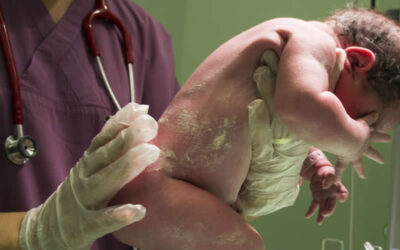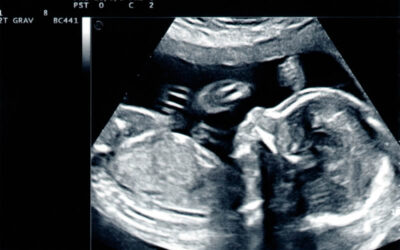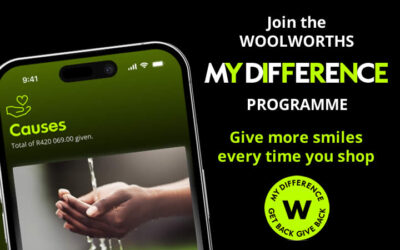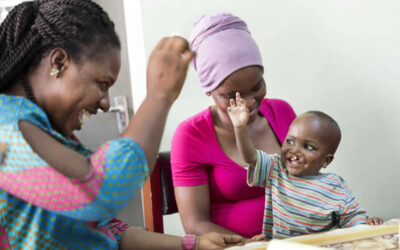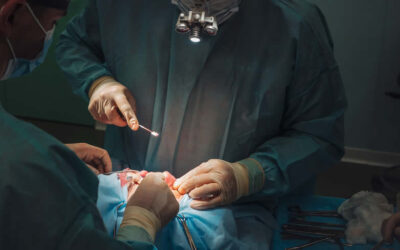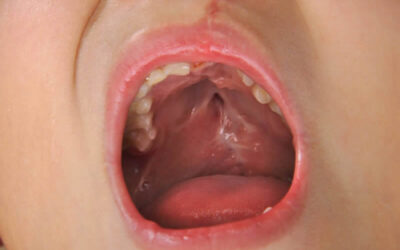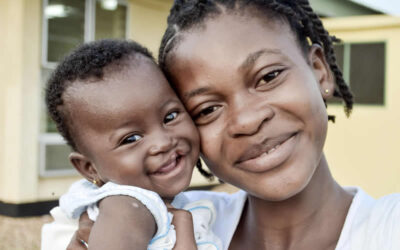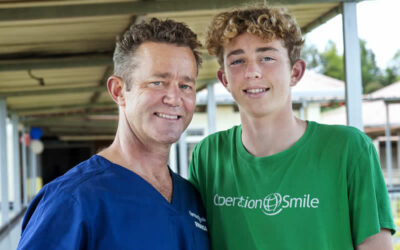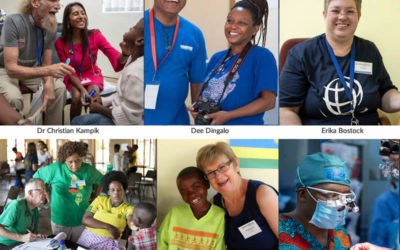While every child is different, there is a good chance that those born with a cleft palate will need some form of speech and language therapy. This is true even if the cleft is repaired before the child starts talking.
Speech problems are less likely if your child was born with a cleft lip. However, if the cleft includes the gum ridge, your child may have difficulty making sibilant sounds such as s and z, especially if his teeth aren’t straight. If upper and lower teeth don’t meet, air may escape through the gap, causing a lisp.
What is ‘cleft palate speech’?
Even after surgery to repair a cleft palate, your child may lag behind with speech and sound development. Watch out for ‘cleft palate speech’ – so called because these sound errors are typical in children with a cleft palate.
Difficulty pronouncing certain consonants such as p, b, t, and d are common if your child has gaps in the roof of his mouth. If the soft palate doesn’t stretch all the way to the back of the throat, your child may have a nasal tone, as if he is talking through his nose or has a cold.
Early intervention
Speech therapy for children born with cleft palate should start as soon as possible – at around 18-24 months. Not only is it easier to correct sound and pronunciation errors before they become ingrained, there’s also less chance of your child developing social and emotional problems.
Sounding ‘different’, or being unable to communicate properly with other children and adults, can lead to teasing and a lack of self confidence. Your child may be reluctant to participate in activities at school that require them to use their voice – e.g. reading aloud or singing. And they may find it difficult to make friends.
In many Southern African rural communities, children born with a cleft palate often lack of access to affordable surgery. Even if they have surgery, they may never be referred to a speech therapist. This is why Operation Smile provides holistic, long term care, that goes beyond surgery. Nutrition and dental care is provided, as well as speech therapy for children born with cleft palate.
Holistic care
As a member of the cleft care team, the speech therapist collaborates with the surgeon and dentist to identify and correct any physical barriers to normal speech. Thereafter he or she will work with your child to help strengthen the muscles used in speech, and improve articulation and pronunciation.
How Can Parents Help?
Speech therapy for children born with cleft palate should begin as soon as possible. The earlier you start, the greater the chance of success. Although therapy can help older children as well, their progress may be slower because bad habits are already ingrained.
Even if you start early, it takes time and patience for a child to overcome a speech disorder. As a parent, your commitment to helping your child makes a huge difference to the outcome. Your child’s speech therapist may recommend activities you can do at home. Singing or repeating rhymes together, and reading to your child, for example. You may also be given specific exercises to do at home, like practicing the p or d sound.
The goal is to ensure that by the time your child is five or six years old, he or she is able to speak fluently, with the ability to understand and express thoughts, ideas and feelings. Speech therapy also improves vocal quality and resonance, enabling your child to speak clearly and confidently.
These are skills that last a lifetime, so it’s well worth putting in the effort now.
If you would like more information about speech therapy for children born with cleft palate, please contact us.


